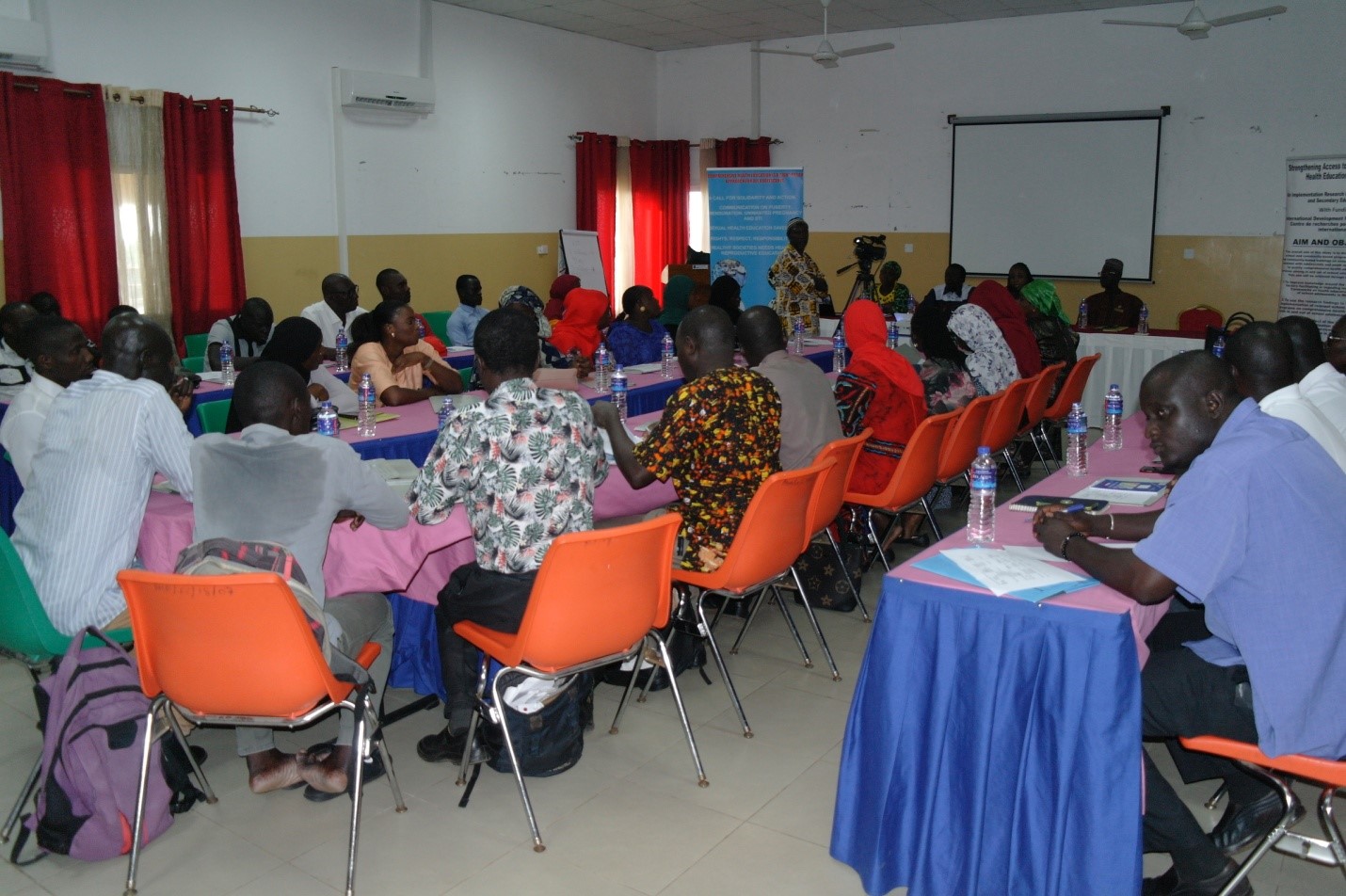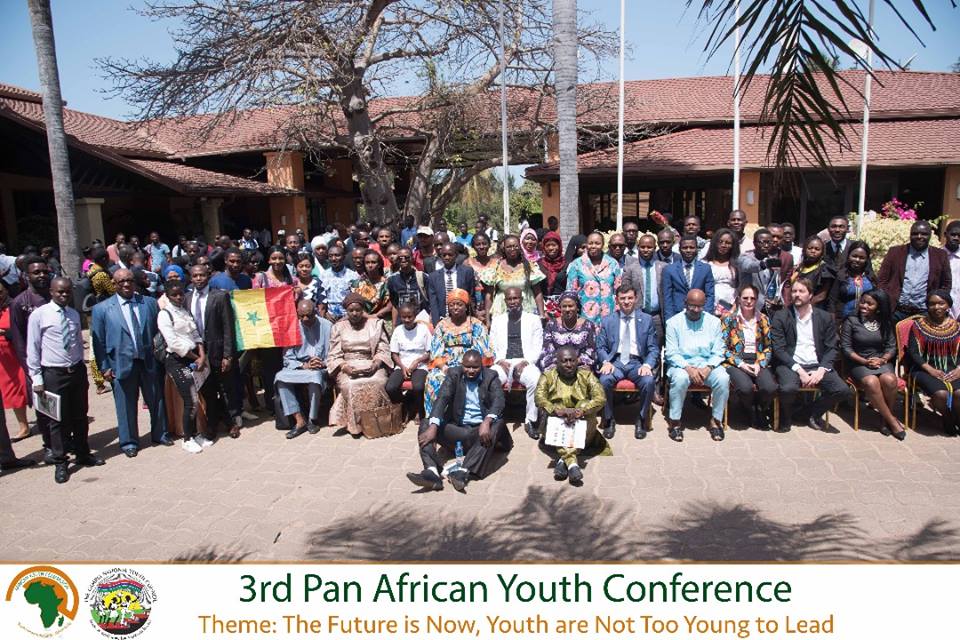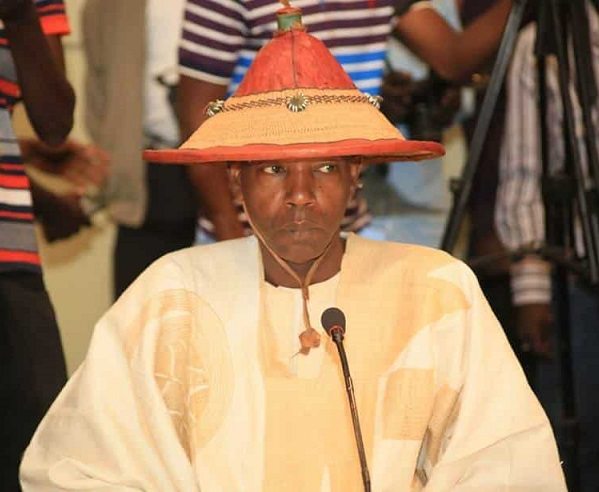By Yunus S Saliu
At least 210 teachers are currently undergoing training in the trainer’s program on Comprehensive Health Education (CHE) held at the NaNA Complex in Bakau.
The teachers are drawn from Lower, Upper, and Senior Secondary Schools in equal numbers of 70 each from the three categories. It is 12 days of training divided into four days each for each category and it started with the LBS to UBS and finally with the SSS – private and public schools all in Region One.
The Comprehensive Health Education training of trainers program was organised by the Curriculum Research Evaluation and Development Directorate (CREDD) unit of the Ministry of Basic Senior Education (MoBSE). It is meant to enlighten, and educate the teachers as it will enhance, and broaden their knowledge of adolescent sexual and reproductive health (ASRH).
CHE program is under Strengthening Access to Quality Comprehensive Health Education in The Gambia, an implementation research project done by the Ministry of Basic and Secondary Education (MoBSE) and funded by the International Development Research Center (IDRC). It is meant to enlighten and educate in and out-of-school students on adolescent sexual and reproductive health (ASRH).
The over two hundred participants included male and female teachers of LBS, UBS, SSS, and Special Schools from GOVI, Methodist, and St John’s School for the Deaf.
Declaring the ToT workshop open on behalf of Momodou Jeng, Director of CREDD, Mrs Fatou Dally Bittaye welcomed the trainees and thanked them for making it to the training despite their holiday periods. “But you will find the training educative and interesting especially since we are all concerned,” she noted.
She disclosed the competence and capacities of the experts to deliver the lectures to the trainees saying “by the end of the training you will be fully armed with prerequisite knowledge to impact on children in your care.”
The CHE, she said aims at providing children and young people with knowledge skills, attitudes, rules, and values that will enable them to develop a positive view of their sexuality. She added that sexuality is not only the act as there is more to that “and through this training, we will also get to know more about it as MoBSE is focusing on access equitability exclusive education and training of teachers is part of achieving the policy.”
On behalf of the director of CREDD, she thanked the teachers for their large turnout at the training meant for them to gain more knowledge about reproductive health.
Phebian Ina Grant-Sagnia, principal investigator of the project for Strengthening Access to Quality Comprehensive Health Education for in-and-out of School Adolescents in Region I, The Gambia who is also a Principal Health Researcher Ministry of Health dilated on the wide communication gap between parents, teachers, and students as regarding ASRH.
She emphasized the importance of dissemination of the findings from the research to the teachers and enjoined them to disseminate it wisely, while she disclosed that the training of trainers for the teachers is part of the recommendations from the stakeholders during their various forums held with National Assembly; CSOs; Principals; among others.
The Principal Investigator informed participants that the MoBSE has incorporated CHE in the subjects of the curriculum “and some of these subjects are English language; Social and Environmental Studies, Integrated Science; Physical and Health Education; Home Economic and Science and Biology among others.”
The training of the teachers does not limit to only teachers but the students, and to the Gambia College lecturers, School of Education, and the pre-service that are coming to the school.
Among lecturers at the training included competent experts on Reproductive Health from UTG, Ministry of Health, NGOs, CSOs, and Ministry of Basic and Secondary Education.
Dr Marena, one of the trainers encouraged trainee teachers to take the program with utmost seriousness as they are teachers dealing with young people who will become adults in the future.




